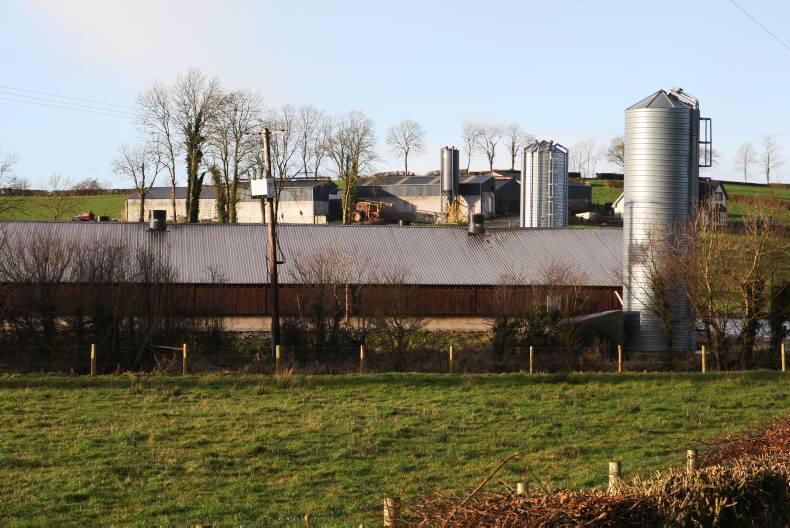Tests carried out after a high number of deaths among the farm’s birds found that “this is the highly pathogenous H5N1 strain”, the French ministry of agriculture said in a statement on Wednesday.
DNA analysis is underway and the ministry has indicated that this strain seems to have evolved from a more benign one previously detected in Europe.
Two levels of restrictions and monitoring measures are in place within a 3km and 10km radius around the farm. Although the French authorities say the virus is not transmitted to humans through poultry products, they are investigating whether the strain found in France can be transmitted from live animals to humans.
According to French media reports, this is the first such case in the country since 2007. H5N1 bird flu first infected humans in 1997 during a poultry outbreak in Hong Kong.
Meanwhile, five new outbreaks of the notifiable disease bluetongue were reported in France last week.
The first outbreak in the country was discovered on a farm in the Allier region in central France in mid-September.
This was the first case of the virus in the EU since 2011. There has been 78 outbreaks in the country so far this year.
The latest five outbreaks have only affected cattle, according to the World Organisation for Animal Health, whereas the first outbreak affected both cattle and sheep.
Following the discovery of the first outbreak in September, France vaccinated 1.3m animals against the disease.
Agriculture Minister Stéphane Le Foll said that 1.3m doses of vaccine were available to cover all planned live exports of cattle, sheep and goats until the end of this year.
“Anybody who wants to export must vaccinate, there will be no discussion,” Le Foll added.
Last week, outbreaks of bluetongue were also reported in Slovenia, Austria and Turkey.
Additional reporting by Thomas Hubert






 This is a subscriber-only article
This is a subscriber-only article





SHARING OPTIONS: